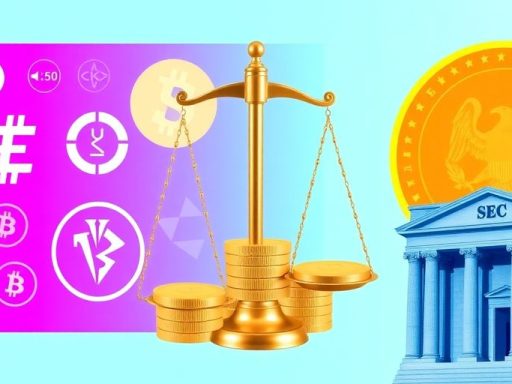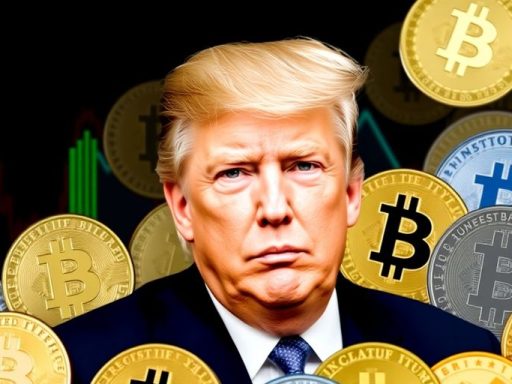The global tokenized real estate market is poised for explosive growth, with projections estimating it could reach $4 trillion by 2035. This forecast, released by Deloitte, highlights the transformative potential of blockchain technology in reshaping how real estate is financed, owned, and traded.
Key Takeaways
- The tokenized real estate market is expected to grow at a compound annual rate of 27%.
- Current market size is estimated at under $300 billion.
- Tokenized debt securities are projected to dominate the market, reaching $2.39 trillion by 2035.
- Challenges such as regulation and cybersecurity remain significant hurdles.
Understanding Tokenization in Real Estate
Tokenization refers to the process of creating digital representations of real-world assets on a blockchain. This innovative approach allows for greater operational efficiencies, faster settlements, and broader access for investors. In the context of real estate, tokenization simplifies complex financial agreements, making it easier to manage ownership transfers and capital flows.
For instance, platforms like Kin Capital’s Chintai are pioneering the tokenization of real estate debt funds, showcasing how blockchain can streamline traditional financing methods.
Market Segmentation
Deloitte’s report outlines a three-pronged evolution of the tokenized real estate market:
- Private Real Estate Funds: Expected to contribute around $1 trillion.
- Securitized Loan Ownership: Anticipated to dominate with a value of $2.39 trillion.
- Under-Construction or Undeveloped Land Projects: Projected to account for approximately $500 billion.
This segmentation indicates a diverse range of opportunities within the tokenized real estate landscape, catering to various investor needs and preferences.
Growth Drivers
Several factors are driving the growth of the tokenized real estate market:
- Increased Efficiency: Blockchain technology automates processes, reducing the time and cost associated with real estate transactions.
- Enhanced Liquidity: Tokenization allows for fractional ownership, enabling smaller investors to participate in real estate markets that were previously inaccessible.
- Global Reach: Digital assets can be traded across borders, expanding the investor base and increasing market participation.
Challenges Ahead
Despite the promising outlook, the report highlights several challenges that could impede the growth of the tokenized real estate market:
- Regulatory Uncertainty: The evolving regulatory landscape poses risks for market participants, as compliance requirements can vary significantly across jurisdictions.
- Asset Custody: Ensuring the security and custody of digital assets remains a critical concern for investors and institutions alike.
- Cybersecurity Risks: As with any digital platform, the threat of cyberattacks and data breaches is a significant risk that must be addressed.
Conclusion
The tokenized real estate market represents a significant shift in how property is financed and traded, with the potential to democratize access to real estate investments. As the market matures, stakeholders will need to navigate regulatory challenges and technological hurdles to fully realize the benefits of this innovative approach. With Deloitte’s optimistic forecast, the next decade could see a fundamental transformation in the real estate landscape, driven by the power of blockchain technology.








